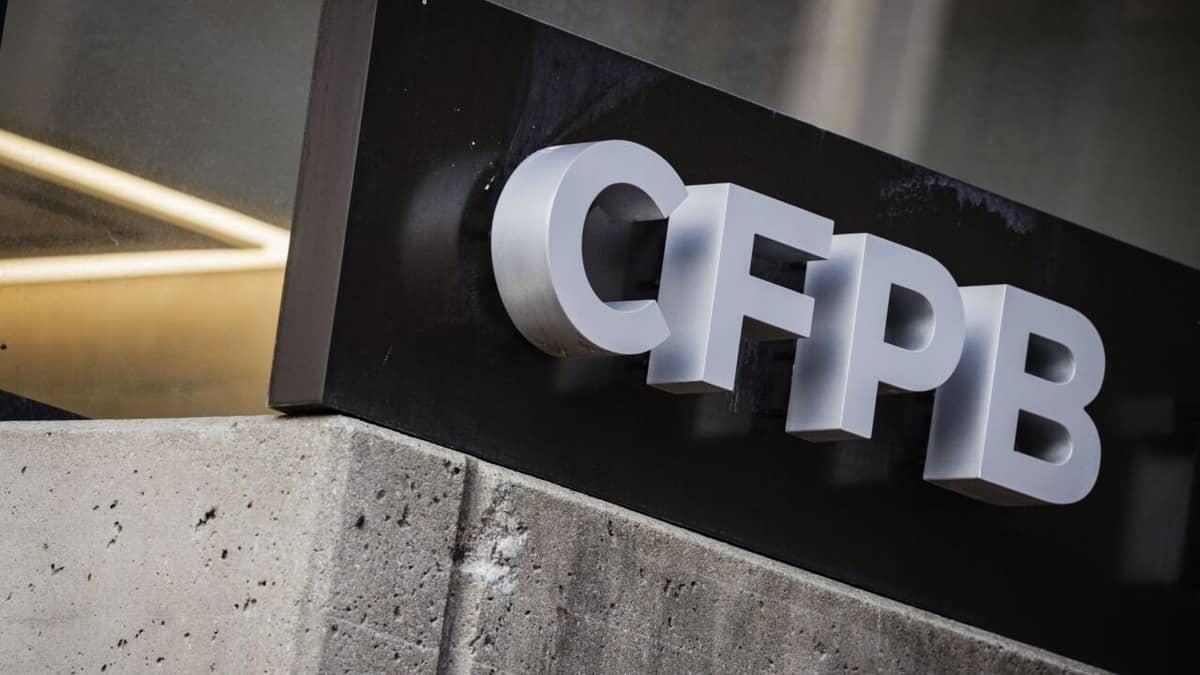The Consumer Financial Protection Bureau (CFPB) has filed a lawsuit against Zelle and its parent banks — Wells Fargo, Bank of America, and JPMorgan Chase — accusing them of failing to protect consumers from widespread fraud.
Zelle, a payment network competing with Venmo and Cash App, has been criticized for enabling fraud that has cost users over $870 million since its launch in 2017.
The lawsuit claims that Zelle’s design, including a limited identity verification process, makes it easier for scammers to take over accounts.
Users verify their accounts with a one-time passcode sent to their email or phone number, but this system is seen as insufficient to prevent fraud.
Fraudsters can register quickly using just a US phone number or email, making it easier for them to impersonate institutions and steal money.
One common scam involves criminals posing as banks or government agencies to trick people into sending money.
After pressure from the CFPB, the banks behind Zelle started issuing refunds to victims last year. However, the lawsuit accuses the banks of failing to act quickly enough to stop fraud and share information about fraudulent transactions across the network.
Zelle has pushed back against the lawsuit, claiming the CFPB’s accusations are flawed and politically motivated.
The CFPB is seeking a court order to stop Zelle and the banks from violating consumer protection laws and demanding compensation for affected users.












Leave a comment